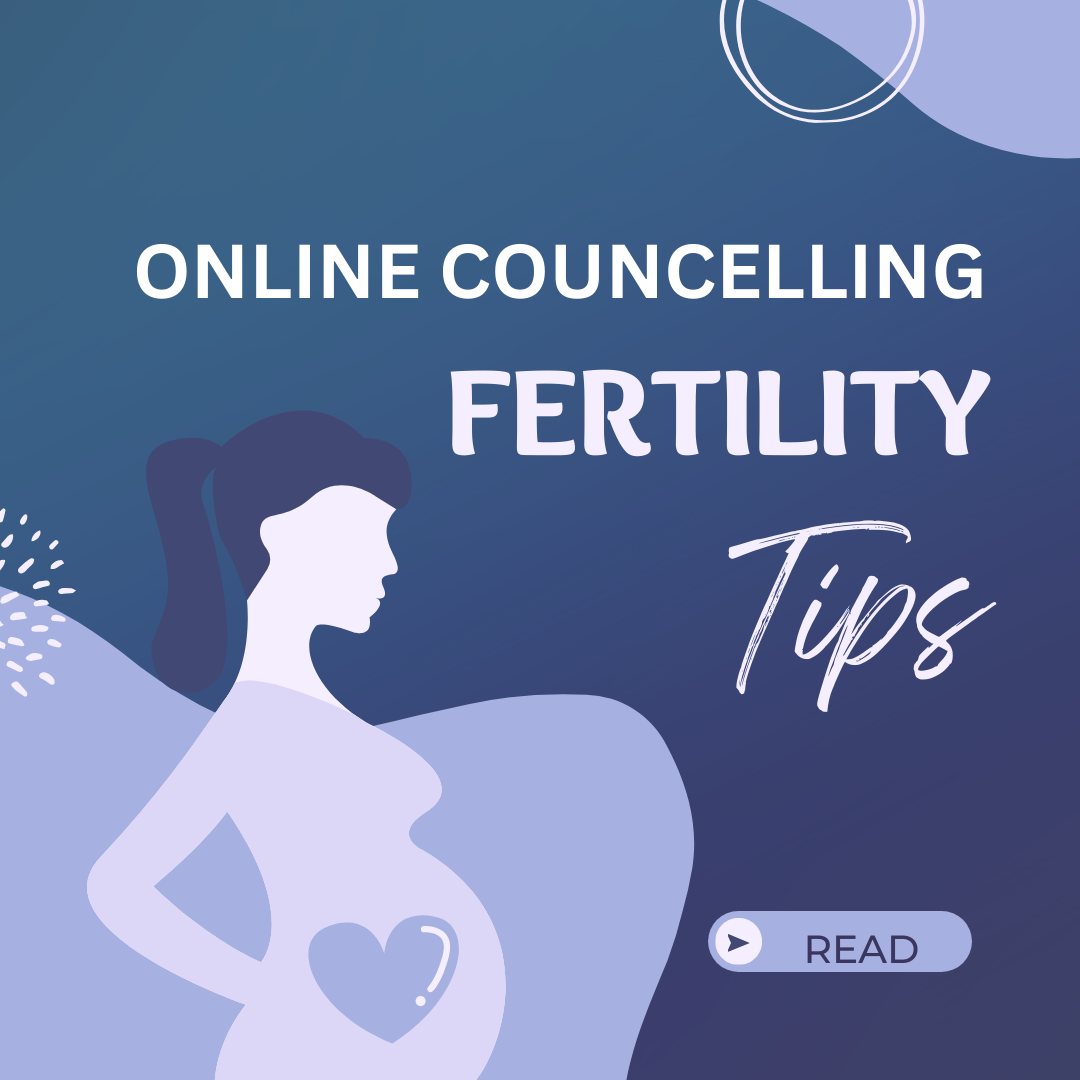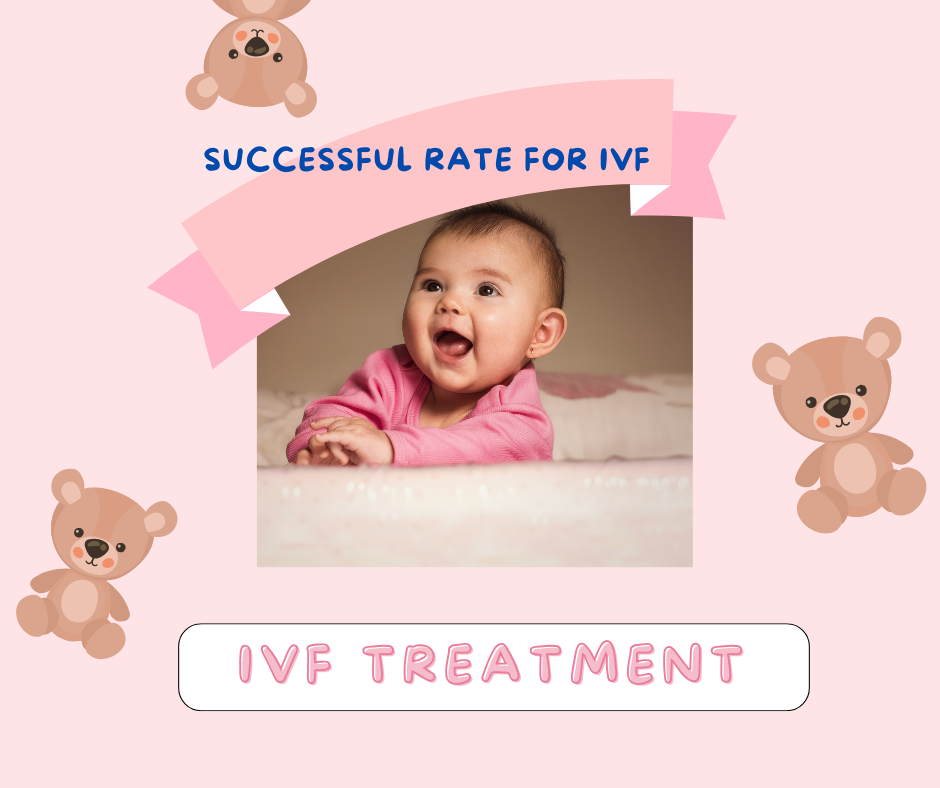Preparing your body for IVF involves a combination of lifestyle changes and medical interventions. Here are some key steps to consider:
Lifestyle changes:
- Healthy diet: Eat a balanced diet rich in fruits, vegetables, whole grains, and lean proteins. Avoid excessive caffeine, alcohol, and processed foods.
- Regular exercise: Engage in moderate exercise most days of the week. Consult your doctor for recommendations.
- Weight management: Maintain a healthy weight to optimize fertility.
- Stress management: Practice relaxation techniques like yoga, meditation, or deep breathing to reduce stress.
- Adequate sleep: Aim for 7-8 hours of quality sleep each night.
- Avoid smoking and excessive alcohol: These substances can negatively impact fertility.
Medical interventions:
- Fertility medications: Your doctor may prescribe fertility drugs to stimulate your ovaries to produce multiple eggs.
- Hormone therapy: You may need to take hormone supplements to prepare your uterus for a potential pregnancy.
- Ultrasound monitoring: Regular ultrasounds will be used to track the development of your follicles.
- Egg retrieval: A procedure to extract eggs from your ovaries.
- Sperm retrieval: If your partner has fertility issues, sperm may need to be retrieved.
- Embryo transfer: The fertilized eggs (embryos) will be transferred to your uterus.
Additional tips:
- Consult with your doctor: Discuss any concerns or questions you have with your healthcare provider.
- Stay positive: IVF can be a stressful process, so it’s important to maintain a positive outlook.
- Seek support: Talk to friends, family, or a support group for emotional support.
It’s important to note that the specific steps involved in preparing for IVF may vary depending on your individual circumstances. Your doctor will provide personalized guidance throughout the process.






Leave a Reply